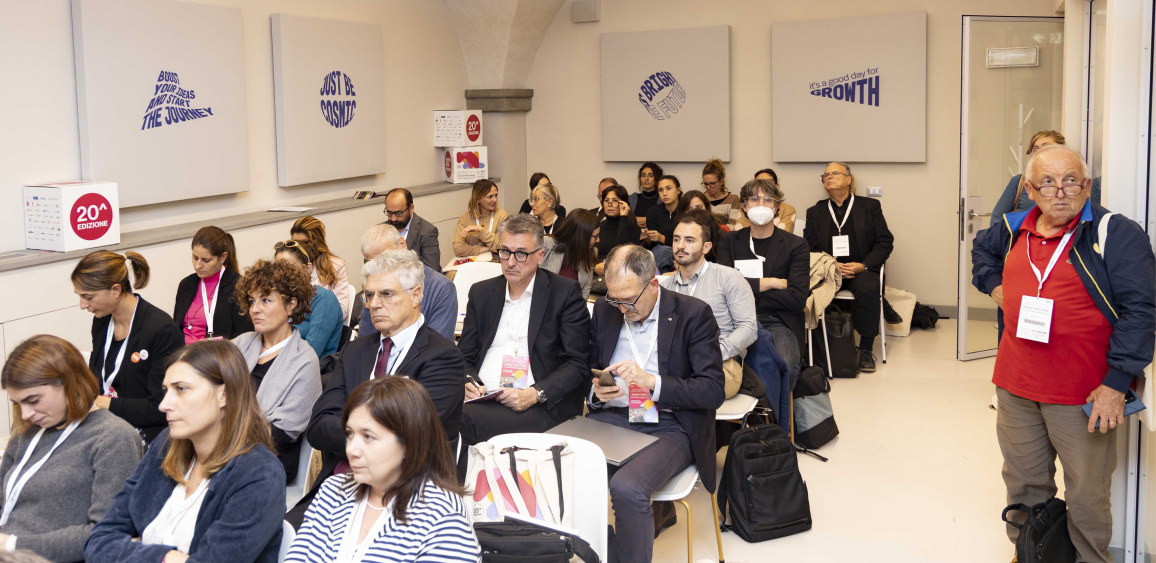Tancredi Attinà, INU, Vice President CooperToscana
The retreat of public welfare pushes people to look for answers to needs, both individual and collective, in the ability of people and civil society realities to self-organize to share resources and activate generative processes of social value on a mutualistic basis: the so-called generative welfare.
The evolution of the collaborative neighborhood model proper to social housing toward urban housing represents a new way of inhabiting the city by experimenting with tools and ways to innovate cooperation, and the third sector in general, as a form of sustainable management of collaborative housing contexts and their respective proximity areas, in which housing communities become vital and interactive nodes spread throughout the territory.
The conference will develop, starting from the integrated approach towards urban living, how it is possible to create added value through:
- the production and exchange of supplementary services to housing intended for residents, of local and urban services open to the neighborhood that contribute to the strengthening of the social fabric and that can be provided, in addition to the community of inhabitants, by cooperatives, social enterprises and third sector entities active in the area, of neighborhood and personal services;
- the garrisoning and social animation of an area through the development of small artisanal production activities or social enterprises that maintain the characteristics of sustainability and research of new ways of experiencing the urban context and the implementation of services to the city such as the maintenance of parts of the city through the care of common goods, social garrisoning and territorial animation, the creation of infrastructure useful to the city, art and culture.
Experiments in line with the country’s development model introduced by the PNRR and the EU industrial strategy, which has recently included the “ecosystem of proximity and social economy” as an additional sphere, in addition to the previous industrial ecosystems already identified, through which to achieve the goal of creating a more sustainable, digital, resilient and globally competitive economy (Agenda 2030).
PROGRAMME
11:15 – 11:45 registrations
Introduces and coordinates
Paola Pierotti, PPAN
“The network of networks”
Tancredi Attinà, Vice President CooperToscana
“The cooperative model and the new demand for housing: an investor’s point of view”.
Paola Bellotti, Director of Sustainability and Development Area Coopfond
“Urban Community Building”
Lorenza Soldani and Cristian Pardossi, Sociolab Società Cooperativa e Impresa Sociale
“Experimenting Cultural Welfare”.
Maria Cristina Dragonetti, President SintesiMinerva Cooperativa Sociale
David Pasqualetti, G. Di Vittorio Social Cooperative
“The Green and Solidarity Thread that binds Communities”.
Michele Vignali, President COOB, Consorzio Cooperative Sociali per l’Inclusione Lavorativa
Carmine Torchia, Pane&Rose Social Cooperative
“On residential polyfunctionality”.
Gabriele Danesi, President Auser Laboratorio Casa APS
“Enhancing the Third Sector Asset towards Urban Housing”.
Flaviano Zandonai, Sociologist and open innovation manager
Conclusions
Italiano

